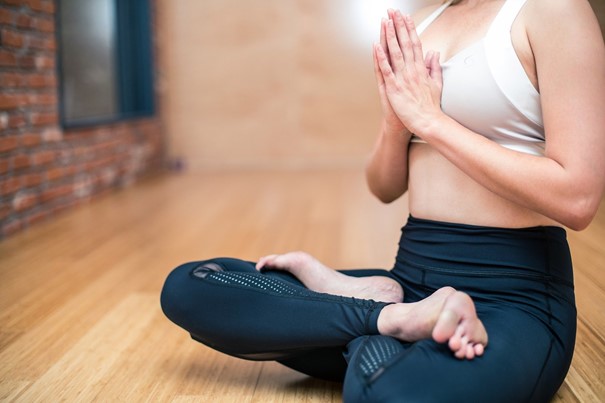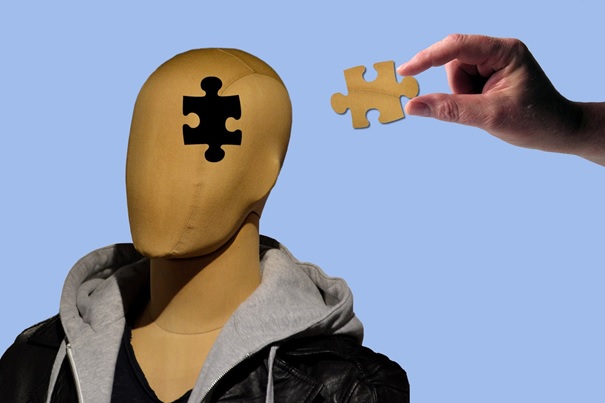There are many different alternative treatments that are used in conjunction with conventional treatment of drug addiction.
Many people believe that to achieve long lasting success the treatment should be a “whole” body plan.
Types of Alternative treatments can include but are not limited to:
- Acupuncture
- Aromatherapy
- Hypnotherapy
- Meditation
- Reflexology
Acupuncture
Acupuncture is becoming increasingly popular as a method for treating many forms of addiction. The use of acupuncture is known to subdue patients’ cravings for drugs while creating feelings of relief and calm while dealing with the withdrawal of those drugs.
Acupuncture has been known to raise the levels of endorphins in the body – endorphins are our body’s natural painkillers, while raising these levels the bodies cravings and withdrawal symptoms seem to be alleviated
During a session of acupuncture – paper thin needles are inserted into five different points in the ear.
This process only takes about 1-2 minutes to complete. After the needles are inserted the patient then relaxes in a dimly lit room for approximately 30-45 minutes. An environment of calm, peaceful tranquility is generally achieved leaving the patient feeling calm and relaxed.
Aromatherapy
It is widely believed that the use of Aromatherapy can aid with withdrawal symptoms as well.
The three most popular ways to use essential oils are as follows – putting the essential oil in a diffuser mixed with water and breath in the refreshing aroma. Use the oils mixed with water directly on your skin this has been found to relieve muscle cramps and body aches associated with drug withdrawal.
You can also put a small amount of essential oils in your bath – this too will help with some of the symptoms of withdrawal.
The best oils to help treat your symptoms are:
- Lavender Oil its soothing scent will induce a feeling of calm, it also helps reduce cravings and helps with recovery from painful physical conditions. It works best when treating withdrawal symptoms from opiates and alcohol.
- Lemon Oil helps to alleviate withdrawal symptoms as well but it also helps improve mental clarity and curbs cravings.
- Ginger Oil is high in antioxidants and when applied topically or via a diffuser it can suppress cravings, it can protect your liver from withdrawal symptoms, it can boost your immune system and helps to control stress and anxiety.
Hypnotherapy
Hypnotherapy is sometimes used as a means to unlock repressed memories that may have been what led someone down the path to drug addiction.
It is believed that drugs are used to block a painful memory or a painful event in a person’s life. The drugs take away the pain but lead to a powerful addiction. Hypnotherapy pulls those memories out in a non threatening and safe way so that the problems can be dealt with in a healthy way. New habits can then be formed.
Meditation

Meditation Therapy has been used to help treat substance abuse. It’s benefits can be ideal to help with symptoms of withdrawal. It can help with cravings and with triggers. It has been found to help deal with the depression and anxiety associated with drug withdrawal as well as the stress of it.
It can help improve mood and concentration. It helps reduce the incidents of insomnia also associated with drug withdrawal. Meditation Therapy allows the individual to feel a sense of peace.
Reflexology
Reflexology is a blend of modern theory and ancient Chinese medicine practiced by holistic practitioners. It is by definition the application of applying gentle pressure and massage to specific reflex areas of the body usually the feet and hands.
It is a noninvasive treatment. The theory is that the different targeted areas correspond to different organs, muscular, nervous, circulatory and skeletal systems in the body.
Areas that are blocked of energy as a result of drug addiction. Areas that can’t function at their best due to the blockage. When a well trained reflexologist works on the affected area the stimulation releases the blockage and re-establishes a free flow of energy throughout the entire body.
This treatment is beneficial to the individual recovering from drug abuse by removing toxins in the blood which can then result in fewer cravings and helps reduce symptoms of withdrawals.
In Conclusion
While the use of alternative treatments in drug addiction has been proven to help with addiction and withdrawals it works best when you combine them with conventional treatment.
Treat the body as a whole use every treatment available to you to reach long lasting recovery.
Leave Feedback: Was this article helpful?

